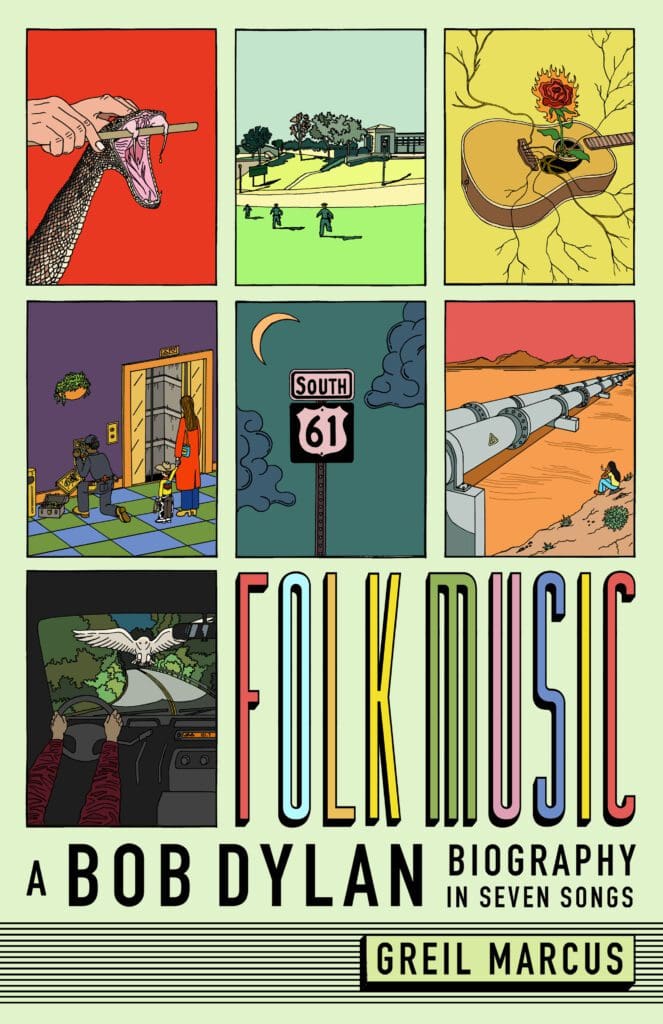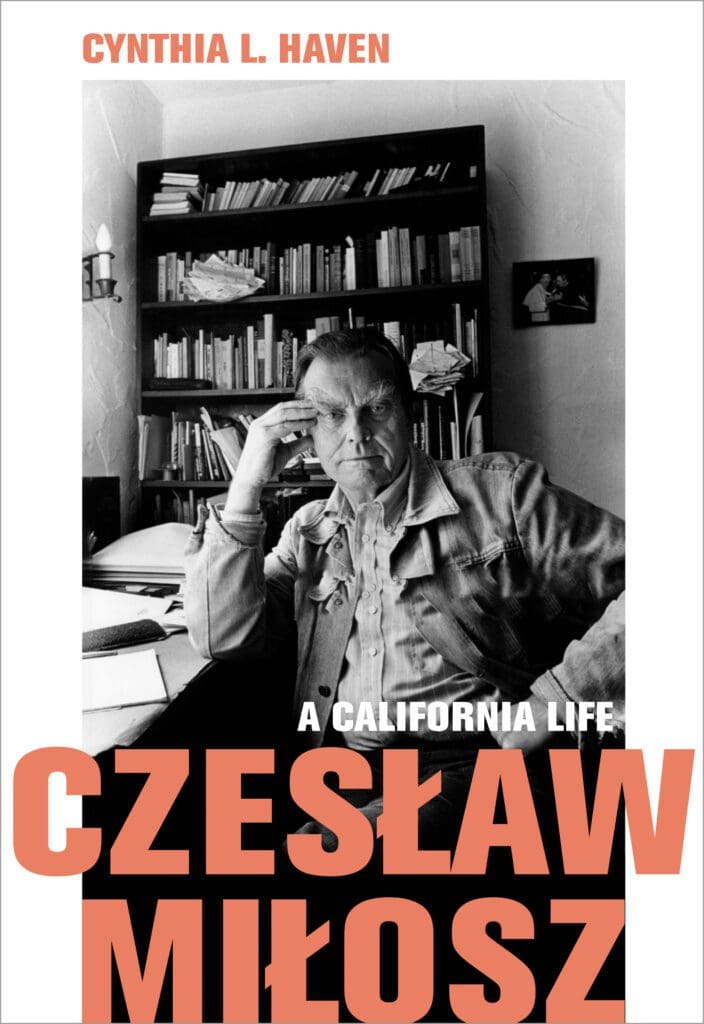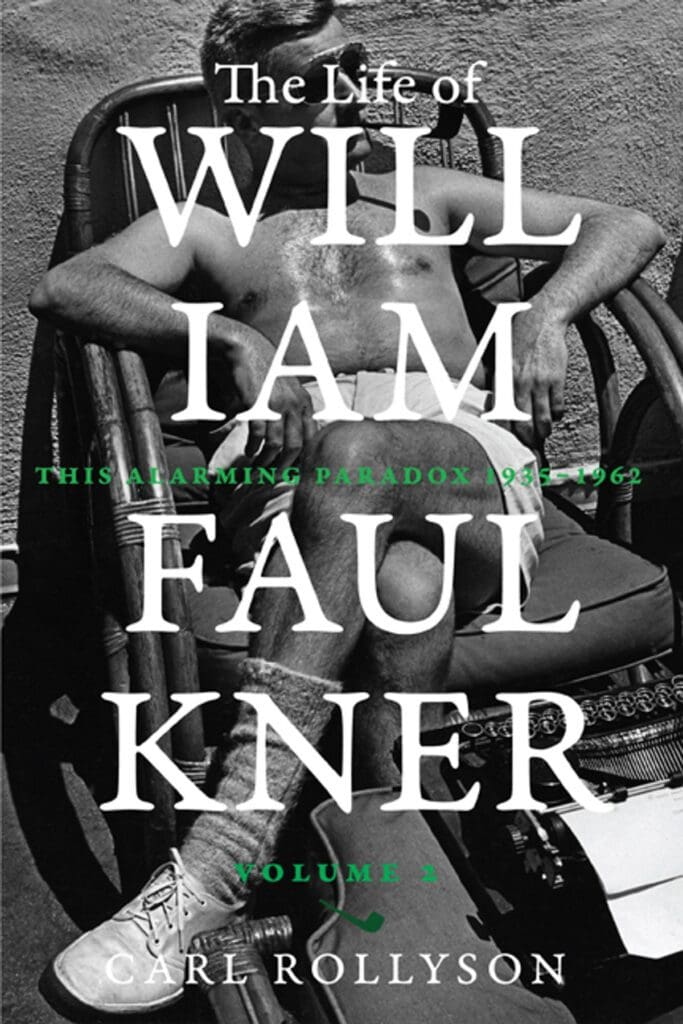“So this is a book of cigarette butts,’’ Greil Marcus writes, without apology, in Folk Music – A Bob Dylan Biography In Seven Songs (Yale University Press; 288 pages), his latest attempt to interweave the complicated legacy of the Nobel Prize-winning hobo from Hibbing with Lincoln’s mystic chords of memory, our unresolved racial divide, and the “wild mercury sound’’ emanating from those trying to stand their ground in an invisible republic far outside the white noise of hot takes and cold comfort. He’s referring, of course, to the unaccountable adulation Dylan (still) draws from armies of obsessed fans, quoting from […]
‘Folk Music – A Bob Dylan Biography In Seven Songs’ by Greil Marcus: The Holy Grail
by Paul Wilner



